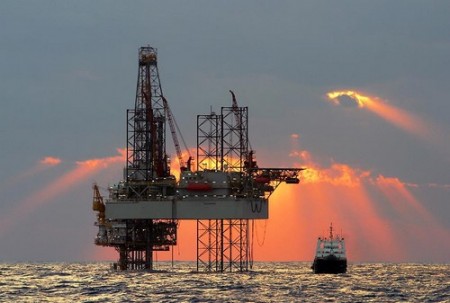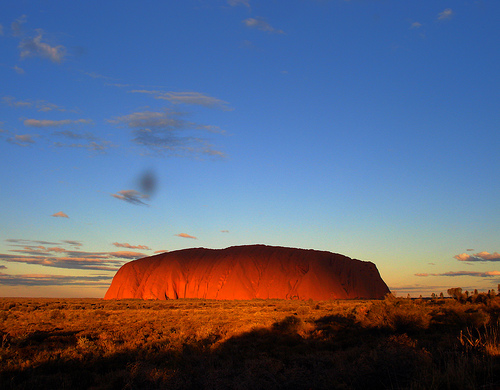

This week in New York, the state parties to the UN Convention on the Law of the Sea (UNCLOS) are meeting for the 21st time since the convention’s conclusion in 1982. Major items on the agenda are the reports of the ongoing work of the Convention’s three main organs: 1) the International Tribunal for the Law of the Sea (ITLS), which interprets the Convention and adjudicates disputes 2) the Commission on the Limits of the Continental Shelf (CLCS), which evaluates geological and oceanographic data, and 3) the International Seabed Authority (ISA), which organizes and controls activities related to the sea floor, which lies beyond national jurisdictions.
Three main items are currently before the Tribunal: a boundary dispute between Bangladesh and Myanmar in the Bay of Bengal (of special relevance to Conoco Phillips); the M/V Louisa case, a dispute arising from Spain’s detention since 2006 of the eponymous research vessel, which was flying the flag of St Vincent and the Grenadines in Spanish coastal waters while conducting scientific surveys of the sea floor; and a request for an advisory opinion from the Tribunal on the status of state parties sponsoring private activities on the sea floors outside national jurisdictions, a case arising from commercial activities proposed by Nauru Ocean Resources Inc. and Tonga Offshore Mining Ltd.
While these are hardly the issues making international headlines – and the above two companies remain unlikely, to say the least, to ever become major global players in natural resources – the Law of the Sea can be a genuine battleground of great power politics.



